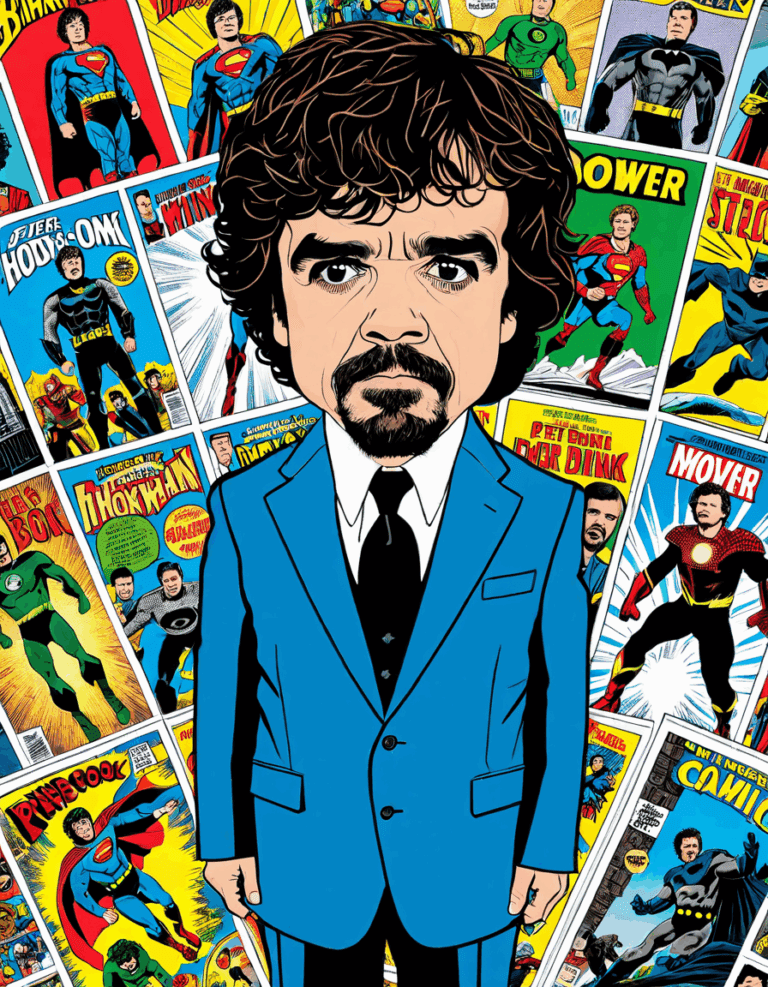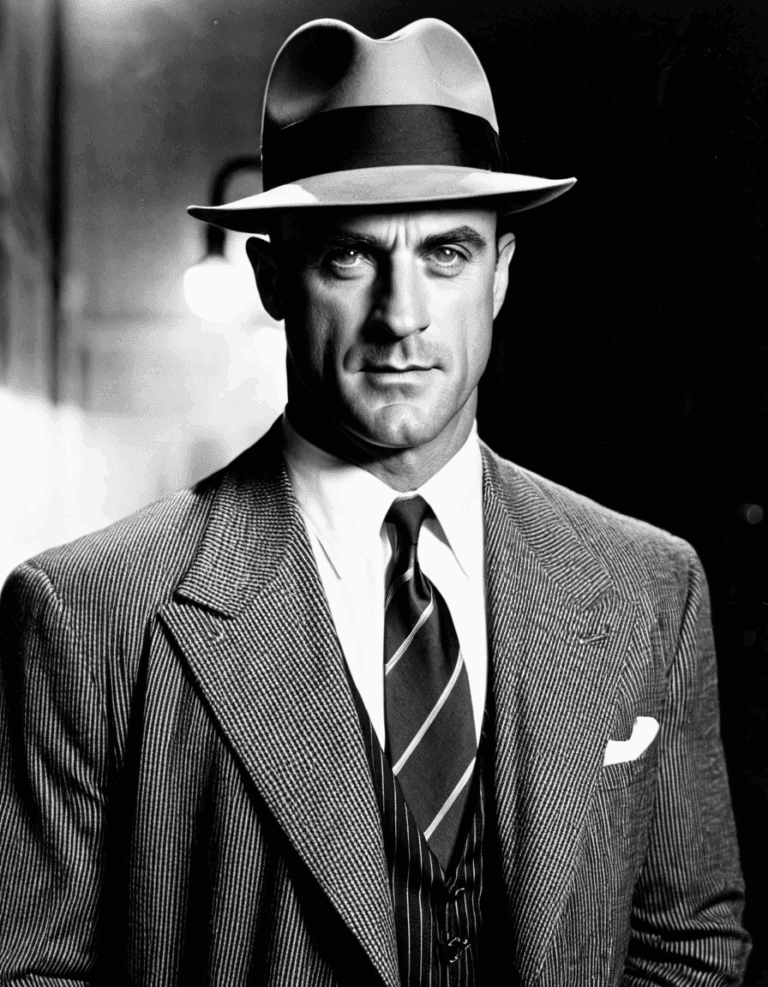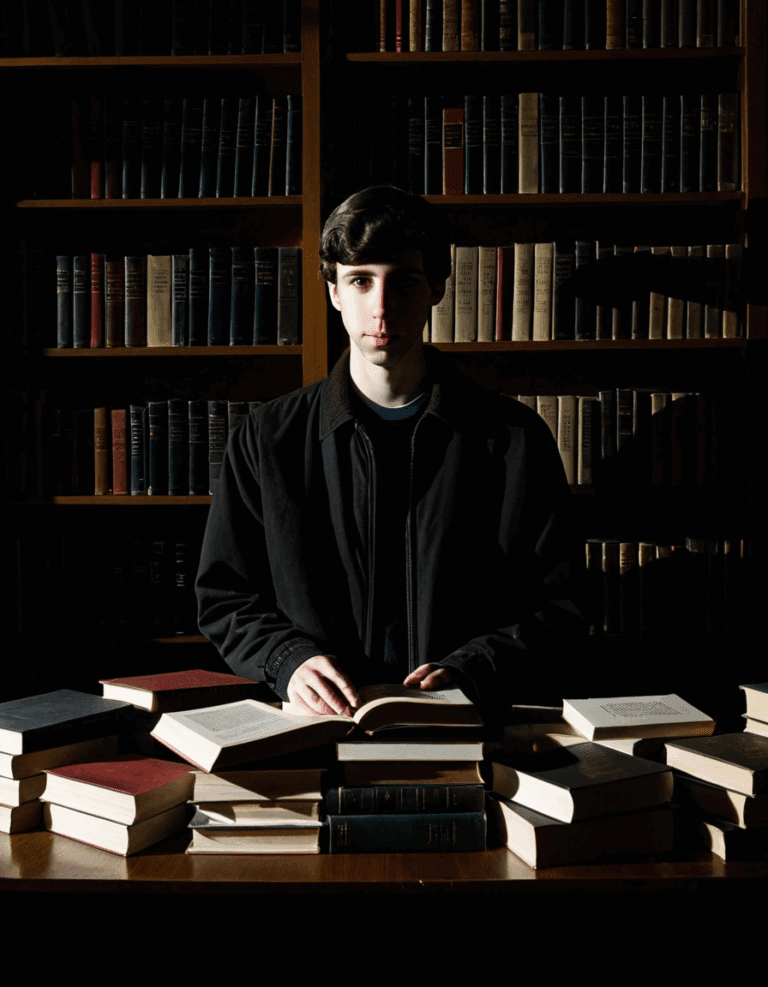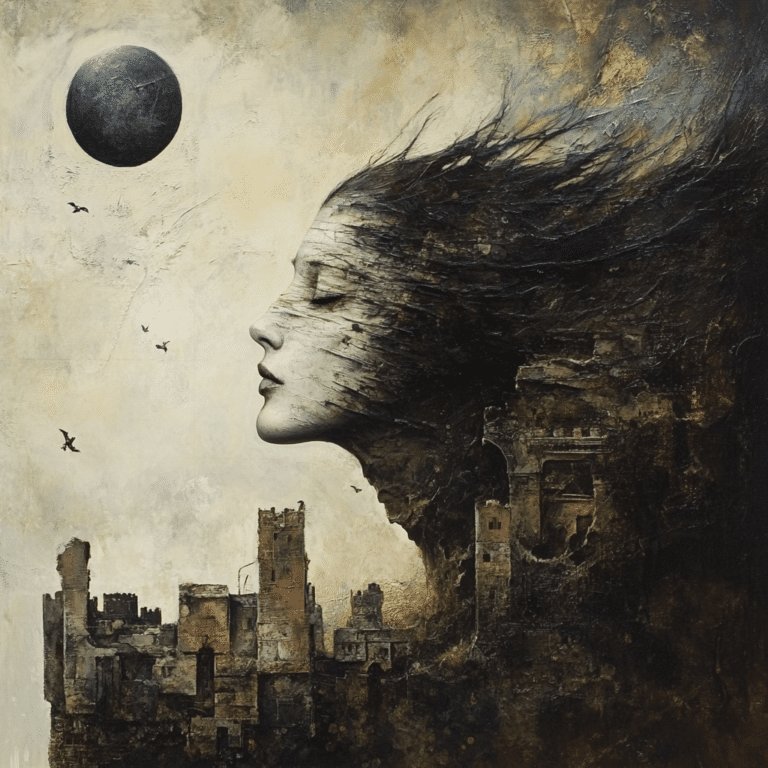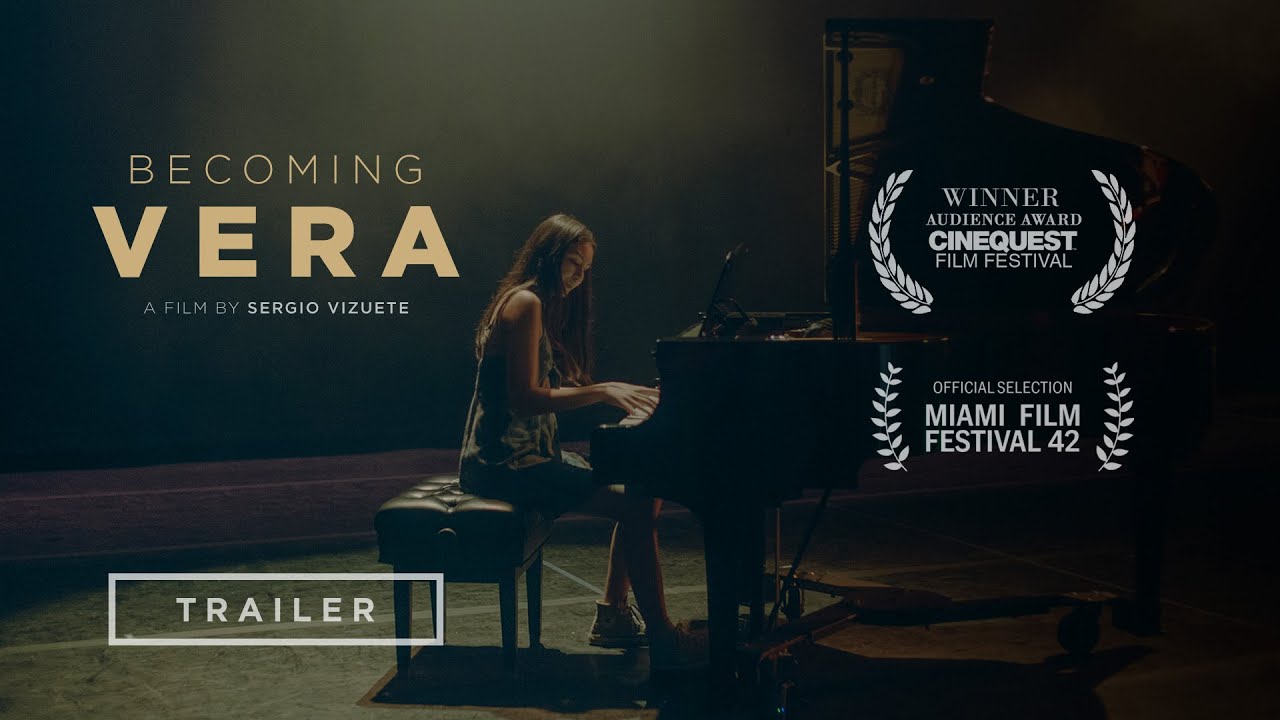
In the high-stakes world of independent filmmaking, where every frame is a gamble on passion and perseverance, Sergio Vizuete’s debut feature Becoming Vera emerges as a bold bet that pays off with emotional authenticity and stellar performances. This Miami-shot indie drama, directed by the Spain-born, award-winning commercial filmmaker now based between Miami and Los Angeles, captures the raw essence of artistic struggle and resilience. With its Los Angeles premiere set for October 11, 2025, at 8:30 PM at Cinépolis Luxury Cinemas in Hollywood Park during the inaugural Film Festival at Hollywood Park, Becoming Vera invites indie enthusiasts to witness a story that’s as much about the characters’ inner battles as it is about the craft of acting itself. For those tracking rising talents in the indie scene, this film showcases a fresh ensemble that brings lived-in depth to every scene, making it a must-see for filmmakers and cinephiles alike.
At its heart, Becoming Vera is a character-driven coming-of-age tale infused with the rhythms of Latin jazz, set against the vibrant yet unforgiving backdrop of Miami. The plot revolves around Vera, an 18-year-old piano prodigy who has just aged out of the foster care system—a transition that leaves her grappling with poverty, isolation, and the constant threat of exploitation. Played with remarkable nuance by Raquel Lebish, Vera is not your typical wide-eyed ingénue; she’s a survivor whose quiet intensity simmers beneath the surface. The story kicks off with Vera taking on odd jobs to make ends meet, her true sanctuary being the piano, where she channels her turmoil into self-taught Latin jazz compositions. These musical moments are pivotal, serving as windows into her soul, and Lebish’s portrayal during these scenes is mesmerizing—her fingers dancing across the keys with a conviction that feels utterly real, even if supported by professional musicians for authenticity.

The narrative escalates when Vera secures a freelance gig painting walls at a sleek music studio owned by Hector, portrayed by Gabriel Diehl. Here, the film’s exploration of power dynamics in the creative industry comes to the fore. Unable to resist the allure of the studio’s grand piano, Vera sneaks in during breaks to compose a freestyle piece that blends Latin jazz influences with her personal pain. Hector overhears and initially seems supportive, but betrayal looms as he appropriates her work, crediting it to another artist, Ellen, played by Mikaela Monet. This theft forces Vera to confront not just the loss of her creation but the broader exploitation faced by young artists, especially those from marginalized backgrounds. Vizuete’s script deftly balances tension and tenderness, using Miami’s eclectic energy—its humid nights, bustling streets, and cultural fusion—to mirror Vera’s internal chaos.
What elevates Becoming Vera from a standard indie drama to a standout is its focus on acting as the emotional core. Raquel Lebish, of Filipino and Puerto Rican descent, delivers a breakout performance that anchors the film. Her Vera is a study in subtle vulnerability: wide eyes that convey unspoken fears, a slight tremble in her hands during confrontations, and a radiant smile that breaks through in rare moments of joy. Critics have praised Lebish for finding the “comforting center” of the drama, as noted in early reviews, where her reflective portrayal draws viewers into Vera’s world from the opening scenes. Lebish’s ability to embody the character’s resilience—transitioning from quiet despair to fierce determination—makes her arc feel earned and inspiring. In interviews, Lebish has discussed how she drew from personal experiences to infuse Vera with authenticity, making her performance feel less like acting and more like a lived truth.
The supporting cast matches Lebish’s intensity, creating an ensemble that feels organically connected, much like a jazz band improvising in harmony. Nicolás Pozo as Jake, Vera’s close friend and subtle romantic interest, brings warmth and levity to the film. Pozo’s natural charisma shines in scenes where Jake encourages Vera, his easy smile and supportive banter providing much-needed relief amid the heavier themes. Their chemistry is palpable, especially in rooftop conversations overlooking Miami’s skyline, where Pozo’s understated acting allows Vera’s story to remain central while adding layers of emotional support. Brandon Williams as Daniel, a mentor figure in the music scene, offers gravitas with his measured delivery and paternal presence. Williams excels in moments of quiet guidance, his deep voice resonating as he advises Vera on navigating the industry’s pitfalls, drawing from his own background in theater to add depth.
Gabriel Diehl’s Hector is a nuanced antagonist, avoiding cartoonish villainy in favor of a more complex portrayal. Diehl captures the sleazy producer’s charm and manipulation with subtle shifts in expression—a sly grin here, a condescending glance there—that make his betrayal all the more gut-wrenching. His performance highlights the film’s theme of exploitation, showing how power imbalances can erode trust in creative spaces. Mikaela Monet as Ellen brings a mix of innocence and ambition, her role as the unwitting beneficiary of the theft adding moral ambiguity. Monet’s scenes with Vera crackle with tension, her wide-eyed enthusiasm contrasting sharply with Vera’s guarded resolve, creating dynamic interactions that underscore the competitive nature of the arts. Phillip André Botello as Ariel rounds out the cast with a competitive edge, his portrayal of a rival musician adding friction and realism to the studio environment.
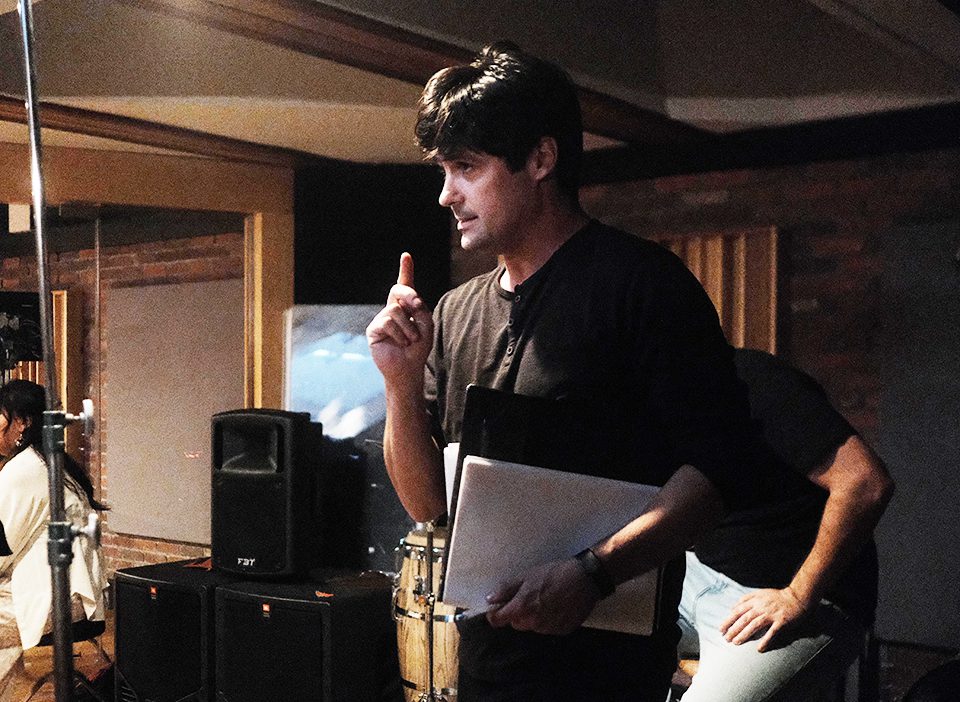
Vizuete’s direction amplifies these performances by giving actors room to breathe. Shot in just 12 days on a low budget, the film relies on natural lighting and handheld camerawork by cinematographer Arturo Vasquez to create an intimate, documentary-like feel. This approach enhances the acting, allowing raw emotions to take center stage without overreliance on production polish. The casting process itself was a marathon, involving auditions from about 4,500 actors, as Vizuete sought fresh faces who could bring authenticity to the roles. The result is a super talented ensemble of rising stars, many making their feature debuts, whose lived-in performances make the film’s 87-minute runtime fly by.
The festival run has amplified the buzz around the acting. After world-premiering at Cinequest in March 2025, where audiences were impressed by the immersive storytelling and outstanding performances, it screened at the Miami International Film Festival in April, resonating with local crowds for its authentic depiction of the city’s dreams and struggles. Selections at the New York Latino Film Festival and others have drawn praise for the cast’s chemistry and emotional sincerity. Reviews describe the film as “touching” and “inspired,” with particular acclaim for how the actors convey perseverance and creativity. One critic called it an “emotional lesson in never backing down,” highlighting the highs and lows brought to life through the performances.
Thematically, Becoming Vera delves deep into the foster system’s failures, artistic exploitation, and the immigrant/artist hustle, all through the lens of its characters’ journeys. Vera’s story advocates for foster youth, shining light on the 23,000 who age out annually without support, and the acting brings these issues to visceral life. Latin jazz isn’t mere soundtrack; it’s woven into the performances, with piano scenes where Lebish’s physicality syncs perfectly with the music, evoking raw passion.
For a trade-focused take on Vizuete’s transition from commercials to cinema, check out Motion Picture Magazine.
Indie filmmakers will appreciate how Becoming Vera bets on stripped-down storytelling, reminding us why authentic performances matter in a spectacle-driven industry.
Explore the classic film culture angle at Silver Screen Magazine.
As the opening night film at Hollywood Park, this premiere offers a chance to see these actors before they break big.
For an analytical dive into music and identity themes, visit Cinephile Magazine.
Secure your tickets for the October 11 premiere here.



